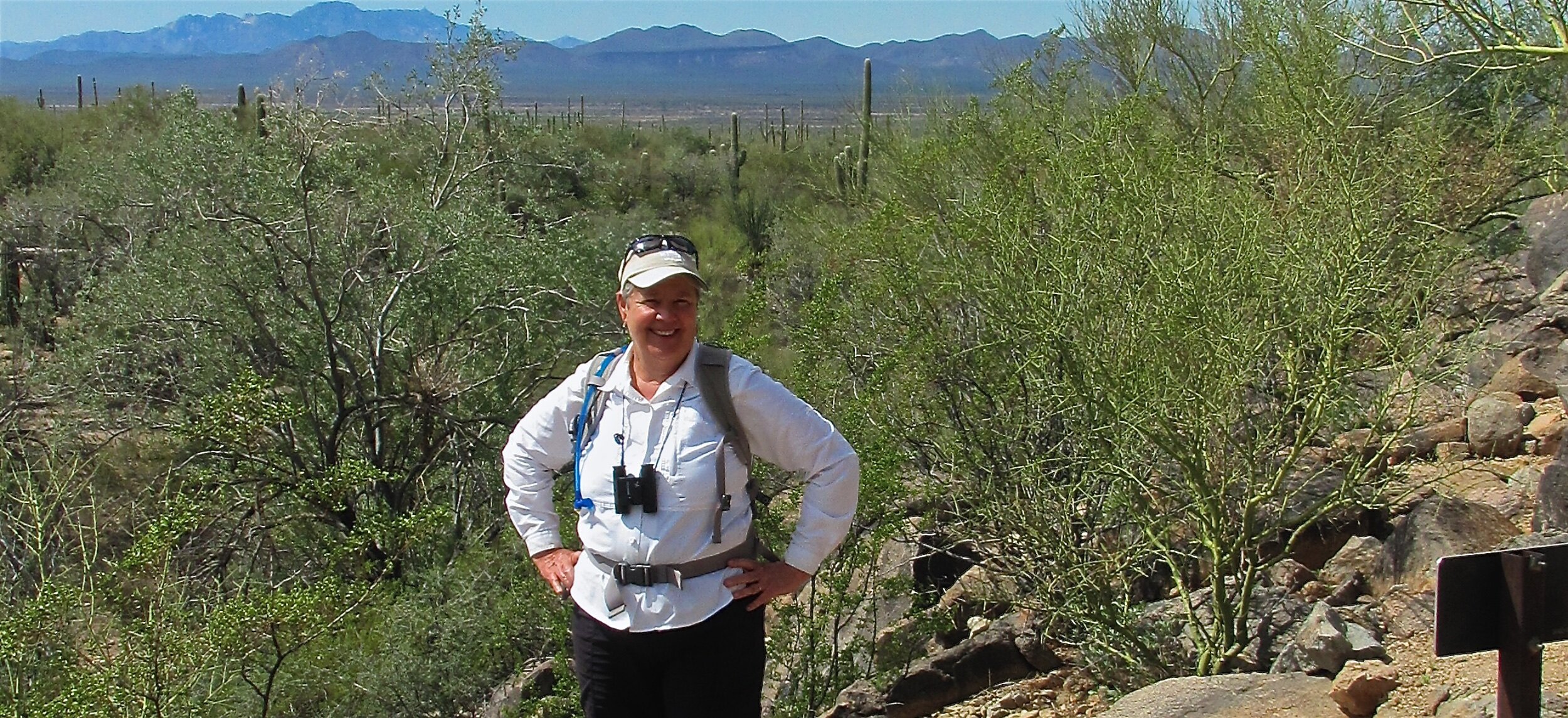
Every ecosystem is unique and shaped by local soil and climate conditions. Understanding your site is a prerequisite for successful landscape design.
Speaker. Educator. Leader.
My passion for environmental issues has been there from birth. Even as a very young child, I felt a reverence for life outside of the human sphere and I often wondered why we humans viewed ourselves so much at the center of the world. In high school, I became one of the many leaders of the Earth Day 1970 teach-in, mobilizing my school to be a part of this national event and pushing for dramatic changes in environmental protection.
My work in recent years, as the Founder and President of Grow Native Massachusetts, has been deeply rewarding, bringing together the interests and skills developed throughout my career— from my passion for ecology, to my love of communications and design, to my experience in nonprofit management— and it has allowed me to work on one of the most pressing issues of our time, the continued loss of biodiversity across New England and the world. Too few people get to do work that they are truly passionate about and I am tremendously lucky to have that joy. After my own epiphany about the potential of my small urban garden to support life for birds and to improve biodiversity in our fragmented 21st century landscape, I decided to act. In 2010, I founded Grow Native Massachusetts and devoted myself to developing its programs and operations for a full decade. After leading its growth into a respected nonprofit with significant impact, I retired from the board in late 2020.
Throughout my life, I have had many other interesting jobs and roles that led me to this place. Notable ones include working as the Director of Education for the Appalachian Mountain Club, the Director of Drumlin Farm Wildlife Sanctuary for MassAudubon, and serving on the board of the New England Wild Flower Society for nine years. In the late 1980s, I created a national project to promote increased demand for recycled paper, spoke frequently across the country about the need for recycled product standards, and authored Recycled Papers: The Essential Guide, published by MIT Press in 1992.
I started life post-college as a teacher and environmental educator, and worked at Thompson Island Education Center in Boston Harbor on programs that used environmental education experiences to help build cultural understanding in the era of desegregation. My career has not been a straight line, and I value how much it has woven together. Throughout, one of my treasured goals has always been to help “translate” the deep understandings of science into the basic knowledge needed by citizens so that they can take meaningful action for change.
Academic Degrees:
• BA, Biology/Environmental Studies, University of Rochester
• MFA, Graphic Design, Rhode Island School of Design
• MPA, Harvard Kennedy School, Environmental Policy Concentration